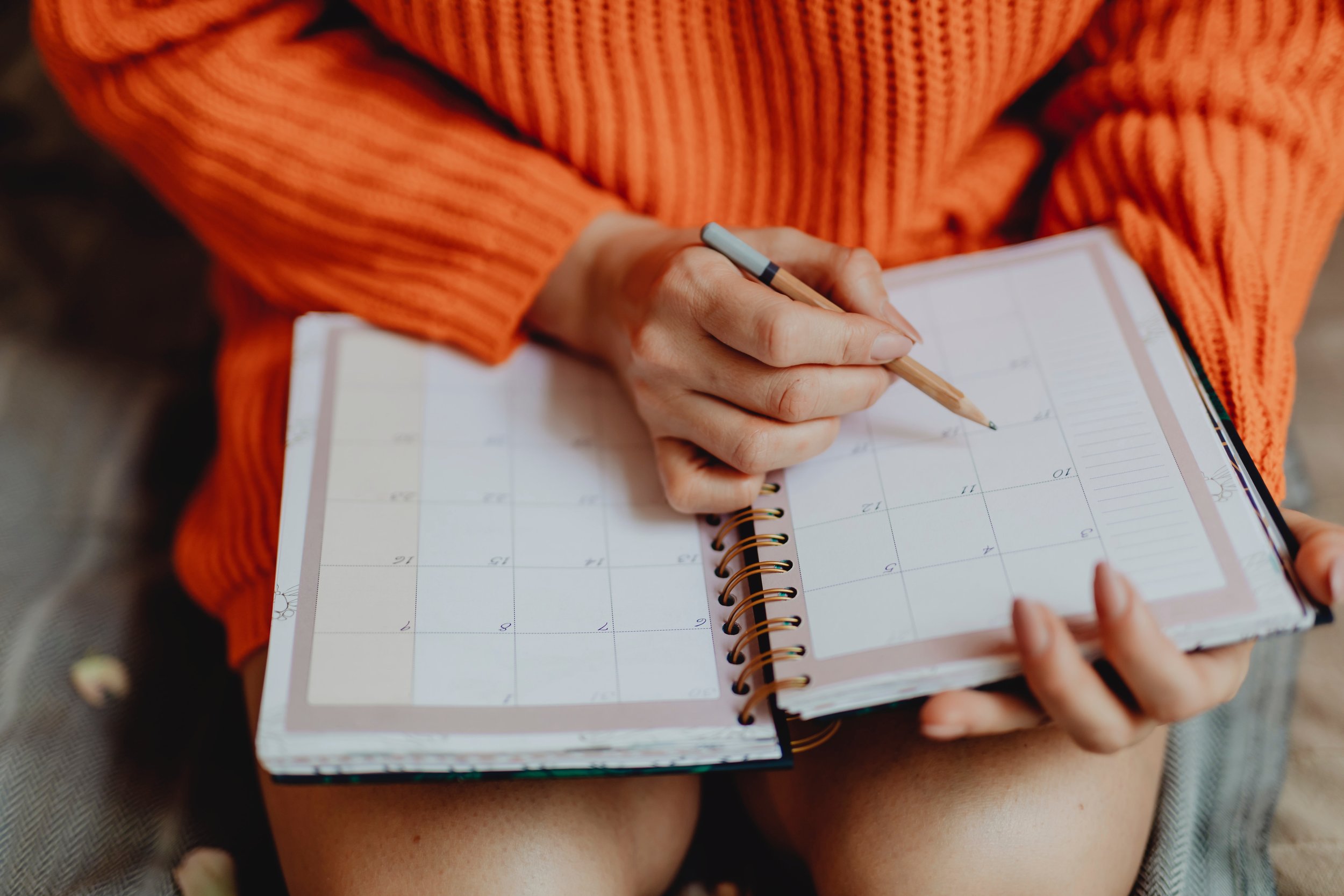By Samantha Rzany
“Living with an invisible illness is hard. But every time I share my story, the illness becomes a little less invisible to those who take the time to listen.”
As Taro Gomi best said, “Everyone poops”. From a very young age, we became aware that, indeed, everyone does poop. But when I was little, I don’t think I could have imagined just how much I would poop…
I just passed my one year since being diagnosed with Ulcerative Colitis. After a year and a half of countless doctor’s appointments with no real results, I finally had an answer. I had my first colonoscopy the day before finals during my first semester of my senior year of college. The prep was anything but fun, but I went into the procedure not expecting anything to come of it, as had happened so many times before. After the scope, the doctor came into the room. I remember being pretty out of it from the anesthesia. She spent all of five minutes in the room with us, throwing out words like “ulcers”, “irritated”, and “diagnosis”. She told me I had ulcerative colitis, that I needed to schedule a follow up appointment with my regular GI, and that she’d write a script for some suppositories and enemas. At the time, I had no idea what those even were. Little did I know how familiar I’d become with them.
I smiled and nodded, certain that it was a “drink some water, reduce stress, and take some of this medicine” kind of thing - like the gut version of “ice and Advil”. I left the hospital sure that it was another diagnosis thrown around when they’re not really sure what was wrong. Then people started asking how I felt about my new diagnosis. I didn’t know anything about ulcerative colitis. Doctors threw around different diagnoses for the last year and a half of testing, and none of it really meant much. I assumed this was the same.
After a quick Google search in the car ride back to my dorm, I realized that ulcerative colitis was no “quick fix” kind of disease. It was chronic. And there was no cure.
A few weeks later, I had my follow-up appointment with my regular GI. She discussed my treatment plan, explaining that for now I was going to be on topical treatments – the suppositories and enemas – but that there were more aggressive treatments out there. She mentioned steroids and immunosuppressant drugs. She said that she never expected me to even need immunosuppressant medications, so there was no need to do the blood tests required to see if they would be safe for me. I went home feeling much more at peace with the diagnosis – I mean I could handle a few suppositories and enemas twice a day, right?
Over the next two months, I started to get sicker and sicker. I could hardly eat without extreme pain and very frequent bathroom visits. I was eating rice for every meal, since it was all I could tolerate. I eventually started eating baby food too because it was easy on my stomach and gave me the nutrients I needed.
Two ER visits in a span of 3 weeks later, the ER doctor prescribed me Prednisone. We in the IBD community lovingly call this the “Devil’s TicTacs”. The doctor told me he didn’t expect me to be on it for more than two or three weeks – just long enough to treat my flare up. He said I may gain 5 pounds or so, but that they’d fall right back off.
“I eventually started eating baby food too because it was easy on my stomach and gave me the nutrients I needed.”
The next three months were some of the hardest in my life. I was so sick. I was in the ER every couple weeks to get fluids and nutrients that I couldn’t retain on my own. I was having bad side effects from the Prednisone, but it wasn’t making things any better. I was also trying to finish up my last semester of college. Only because of my incredibly understanding and accommodating professors was I able to graduate a year early at the end of April with a degree in Psychology and Leadership.
I switched to a GI through the University of Chicago back home. He said I needed to start receiving immunosuppressant infusions, since I had failed each of the previous medications. We had tried so many times to wean me off the Prednisone and supplement with other oral mediations, and nothing was working.
A few days before I was scheduled to receive my first infusion of Entyvio (the immunosuppressant I chose), I was getting very sick. I spent four days in the hospital receiving high dose IV steroids and lots of nutrients and fluids. I was discharged from the hospital and went straight to the infusion center.
Within 6 weeks, I could tell a huge difference in my health. I was actually getting better. After 5 months and 47 pounds later (guess the ER doc was a little off on that one), I was finally able to get off of Prednisone. In August, I was declared to be in remission.
Since then, I have continued to stay in remission. We increased my infusions to every 6 weeks and I still have symptoms sometimes, but I am so grateful to be doing well.
I have found so much support in the IBD community. Whether it be online support groups, working as the Pilot Director in Illinois for Health Advocacy Summit, having a team for the Crohn’s and Colitis Take Steps Walk, or participating in this fellowship, the amount of love and support I have received is unreal. People I have never even met are the ones I can talk to about any and everything. I have found strength and courage in sharing my story and in reading other’s stories. While all of this support doesn’t cure my IBD or relieve my symptoms, it certainly makes me not feel so alone. Living with an invisible illness is hard. But every time I share my story, the illness becomes a little less invisible to those who take the time to listen.














































